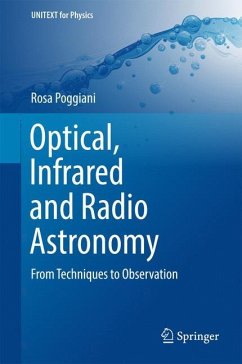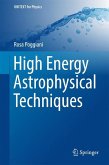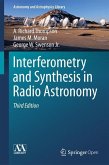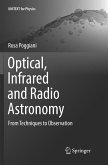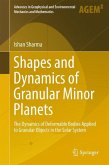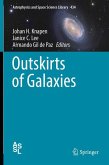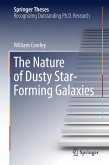This textbook presents the established sciences of optical, infrared, and radio astronomy as distinct research areas, focusing on the science targets and the constraints that they place on instrumentation in the different domains. It aims to bridge the gap between specialized books and practical texts, presenting the state of the art in different techniques.
For each type of astronomy, the discussion proceeds from the orders of magnitude for observable quantities that drive the building of instrumentation and the development of advanced techniques. The specific telescopes and detectors are then presented, together with the techniques used to measure fluxes and spectra.
Finally, the instruments and their limits are discussed to assist readers in choice of setup, planning and execution of observations, and data reduction.
The volume also includes worked examples and problem sets to improve student understanding; tables and figures in chapters su
mmarize the state of the art of instrumentation and techniques.
For each type of astronomy, the discussion proceeds from the orders of magnitude for observable quantities that drive the building of instrumentation and the development of advanced techniques. The specific telescopes and detectors are then presented, together with the techniques used to measure fluxes and spectra.
Finally, the instruments and their limits are discussed to assist readers in choice of setup, planning and execution of observations, and data reduction.
The volume also includes worked examples and problem sets to improve student understanding; tables and figures in chapters su
mmarize the state of the art of instrumentation and techniques.

